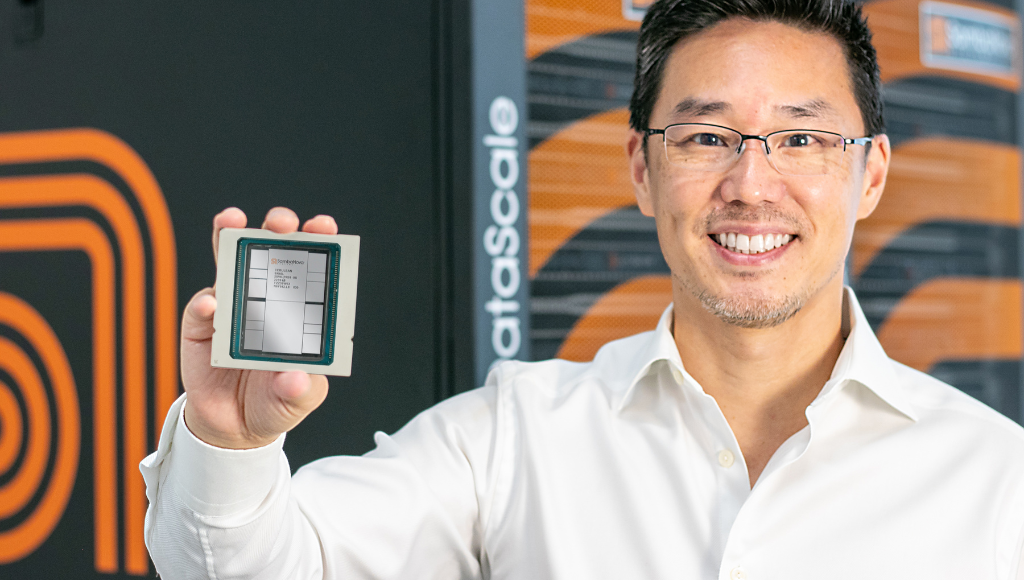Samsung Electronics, the world’s leading memory chip maker, is taking measures to curtail its memory chip production, including NAND flash utilized in smartphones and PCs. The company has suffered a significant setback, reporting an operating loss of $3.4 billion (4.36 trillion won) in its memory chip unit during the second quarter of this year. Moreover, the semiconductor business recorded a staggering operating loss of approximately $7 billion in the first half of 2023. These actions follow a previous reduction in memory chip production in April, triggered by weak demand for consumer devices, which resulted in the worst quarterly profits since 2009.
Despite these challenges, Samsung remains optimistic about the future and is charting a course towards enhancing its position in the field of AI. The tech giant has announced plans to focus on producing high-performance memory chips, particularly high bandwidth memory (HBM), by 2024, responding to the increasing demand for AI-related applications. HBM is a critical component in AI, 5G, IoT, graphics processing, virtual reality, and augmented reality systems, offering faster data processing and lower power consumption than traditional NAND.
Although server demand has remained subdued due to inventory adjustments by customers, the demand for high-density/high-performance products, driven by significant investments in AI by major hyperscalers, has remained robust. In an earnings call, Jaejune Kim, the executive vice president of Samsung’s memory division, emphasized that the company would continue to reduce memory chip production for certain products while doubling its capacity for high-performance memory chips, including HBM, to meet the expected continuous growth in demand.
The two primary memory chips, DRAM and NAND, are crucial components in a wide range of devices, from smartphones to data center servers. DRAM enables large language models like Open AI’s ChatGPT to perform advanced functions, while also facilitating faster data processing for multitasking and complex AI applications. On the other hand, NAND is responsible for data storage.
Samsung has also revealed its plans for the foundry business to introduce 2-nanometer production for mobile phone parts by 2025, further showcasing its commitment to technological advancement.
In the second quarter of 2023, Samsung reported companywide operating profits of 670 billion won (approximately $524 million), a significant drop from the 14.1 trillion won recorded a year earlier. However, this figure was better than initially projected, as Samsung’s preliminary report had estimated a 96% plunge in Q2 operating profits, amounting to 600 billion won ($459 million).
Despite the 95% decline in operating profits during the second quarter, Samsung remains hopeful about a gradual recovery in global demand for memory chips in the latter half of the year. The company anticipates that this recovery will bolster earnings driven by the component business, though it acknowledges that continued macroeconomic risks may present challenges to such a demand rebound.






